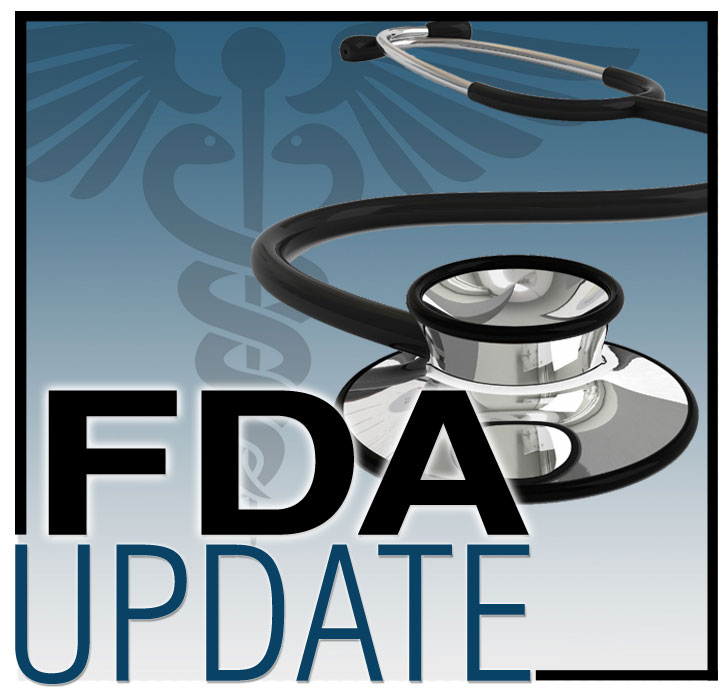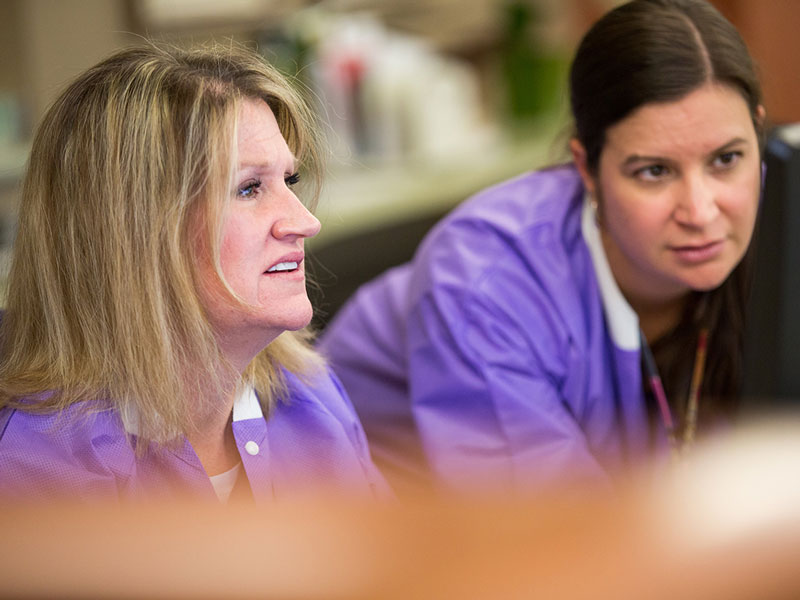Why Breast Cancer Awareness Is Important All Year

As Breast Cancer Awareness Month begins this week, we’ll start seeing pink awareness efforts everywhere. Pink products will line the shelves at stores, awareness and fundraising ads will showcase celebrities wearing pink ribbons, and high school, collegiate, and even professional athletes will adorn their uniforms with pink, some even articulating a specific person or family member affected by breast cancer for whom they’re dedicating their athletic efforts.
USP <800> Implementation Delayed to December 2019

The U.S. Pharmacopeia (USP) announced on September 29, 2017, it would delay the implementation of USP General Chapter <800> Hazardous Drugs—Handling in Healthcare Settings to coordinate its implementation with chapter <797> Pharmaceutical Compounding—Sterile Preparations. According to USP, chapter <797> is still undergoing revisions and will be available for public comment in fall 2018. UPS <800> was set for implementation by July 1, 2018, but both chapters are now expected to become official on December 1, 2019.
How One Institution Implemented Survivorship Care Plans in the Age of the Electronic Medical Record

More than a decade ago, the National Academy of Medicine first proposed that “all patients should be given a comprehensive summary and a clear explanation of the details of their cancer therapy as well as recommendations for necessary follow-up.” This seemingly simple task has proved difficult to deliver in many cancer care settings.
- Read more about How One Institution Implemented Survivorship Care Plans in the Age of the Electronic Medical Record
- Add new comment
FDA Simplifies IRB Requirements for Individual Patient Expanded Access

On October 3, 2017, the U.S. Food and Drug Administration (FDA) announced updates to three final guidance documents, including Form FDA 3926 and its instructions, to simplify Institutional Review Board (IRB) review requirements for physicians seeking to treat an individual patient with an investigational drug under expanded access. The updates allow for a waiver of the requirement for review and approval at a convened IRB meeting if the physician instead obtains concurrence by the IRB chairperson (or a designated IRB member) before treatment use begins.
- Read more about FDA Simplifies IRB Requirements for Individual Patient Expanded Access
- Add new comment
Researchers Map More Than 760 Cancer-Dependent Genes

In an effort to build a comprehensive catalog of genetic causes of cancer, researchers from Harvard and Massachusetts Institute of Technology’s Broad Institute as well as Dana-Farber Cancer Institute have identified more than 760 genes that cells from multiple types of cancer depend on for growth and survival. The findings were published in Cell.
Cancer Prevention Through Community-Based Programs

Preventing a cancer diagnosis is the most surefire way to survive it. However, the public and news media communicate more about emerging treatments and newly approved oncology drugs and less about ways people can take steps to prevent cancer before it starts. Oncology nurses have a role and obligation to spread public health education and an attention to disease prevention, so many Americans change risky habits that would otherwise lead to future cancer diagnoses.
Supporting Cancer Prevention Through Resources and Education

Estimates suggest that 30% of all cancers are preventable through lifestyle changes and vaccinations. We know that tobacco accounts for 90% of all lung cancers and contributes to increased risk for head and neck cancers. It’s also well known that sun exposure is associated with increased incidence of basal and squamous cell skin cancers, as well as the most dangerous skin cancer, melanoma.
Oncology Nurses Champion Tobacco Cessation Programs

Twenty-five years ago, you could be flying at 39,000 feet and still be inhaling cigarette smoke. Smoking’s pervasiveness in U.S. culture was far and wide, and it wasn’t until cancer research findings—coupled with public policy and healthcare education—that the dangers of smoking caught on with the general public. Since then, smoking rates have declined.
FDA Approves Abemaciclib For HR-Positive, HER2-Negative Breast Cancer

On September 28, 2017, the U.S. Food and Drug Administration approved abemaciclib in combination with fulvestrant for women with HR-positive, HER2-negative advanced or metastatic breast cancer with disease progression following endocrine therapy.
- Read more about FDA Approves Abemaciclib For HR-Positive, HER2-Negative Breast Cancer
- Add new comment
Should a Provider Be on Site During Chemotherapy Administration?

In clinics and oncology floors across the country, IV pumps are infusing, chemotherapy is administered through IV push, and nurses are moving swiftly from one patient to the next. Administering chemotherapy is a complex, in-depth procedure that requires training, education, and a level of experience beyond that of the standard healthcare professional. However, even the best oncology nurses need the support of their team members and the administration to provide the safest possible care environments for their patients.





